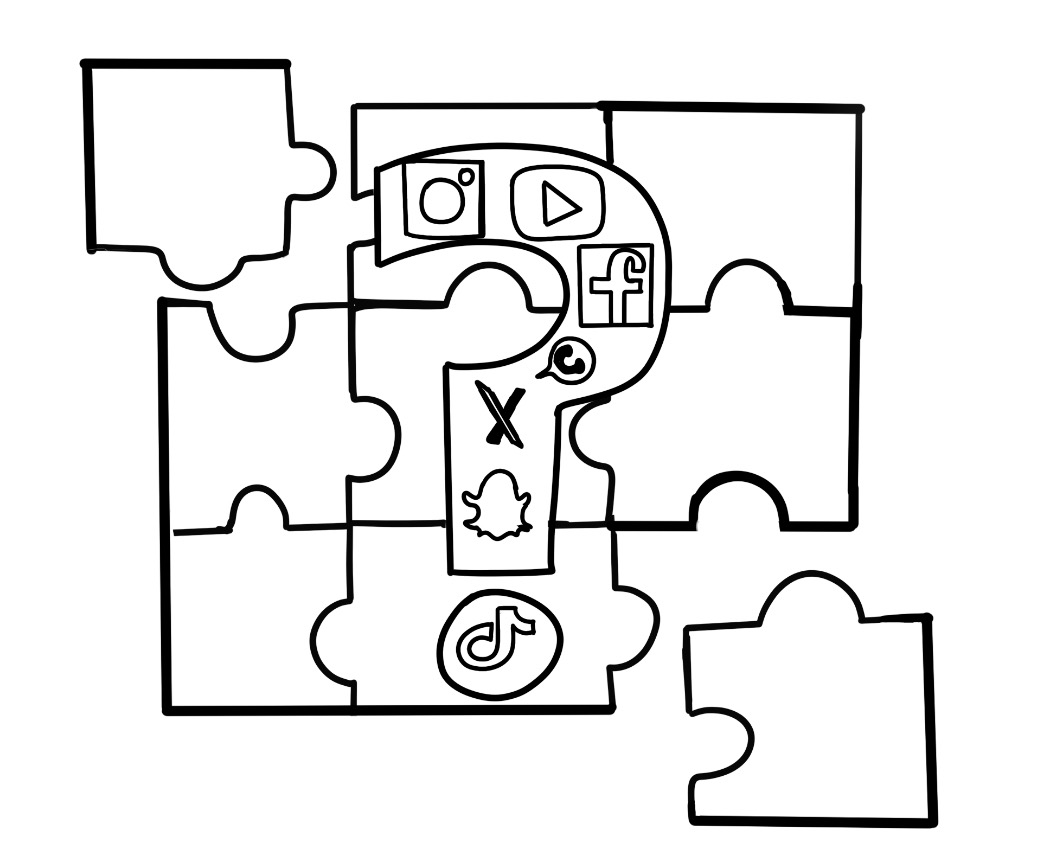Every year during Homecoming Week, junior and senior girls strut onto the field, decked out in football jerseys, as they prepare to go head-to-head in a seemingly harmless flag-football competition known as “Powder Puff Football.”
However, this school tradition is becoming less about friendly competition between classes, and more about physicality and fighting, posing a threat to the safety of the students involved. The administration is warranted in their questioning the value and safety of this tradition, and they should implement more stringent policies to prevent violence and to make sure tackling is not allowed. However, the tradition needs not be cancelled altogether.
The problem that has arisen with Powder Puff is that some of the students in attendance aren’t there for the competition, but rather in the hopes of witnessing violence. When this fighting has occurred in past games, some onlookers even cheered it on.

Granted, even professional football is by nature a violent sport, but strategy and logic are equally involved. The players rarely get in actual physical fights. Even when they do get in fights, they are penalized or suspended, and while Powder Puff can’t be expected to have all of the same penalties as regular football, violence should not be a part of a non-contact, school-sponsored sport.
More importantly, regular football is actually played as a game, with a score that people pay attention to. However, in Powder Puff, the score is almost completely irrelevant, as students crowd around the field, trying to name who attacked who.
That being said, generally, most of the participants do not instigate fights with each other, but it only takes a few players being excessively violent to ruin the game for everyone.
By allowing this tradition to continue, whether or not the students are punished for their violent actions, the school is inadvertently condoning violence. Currently, the students involved in the fight are reprimanded as the school sees fit, but the reputation that they gain among their peers may outweigh whatever punishment the school gives them.
Now, that isn’t to say that the entire tradition should be cancelled—there is a value to healthy competition between grade levels, and football is an entertaining sport, but the flag aspect of the game seems to have been ignored during Powder Puff. Allowing tackling makes the game more unsafe, especially considering the players have no padding, and creates an atmosphere conducive to fighting.
Cancelling what has become the pinnacle of the homecoming festivities is a bit drastic, especially considering that only a few fights have broken out. If administrators clearly enforced that violence or any encouraging of violence will not be tolerated, then the tradition would become what it was intended to be in the first place—a friendly competition between grades. That being said, students have an even more essential role than the administration in ensuring that Powder Puff is no longer an overly-aggressive, violent activity, and, by encouraging the school spirit and healthy competition involved in the game rather than the fighting, can make this tradition something worth sustaining for future generations.















